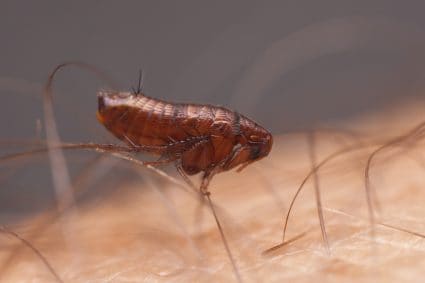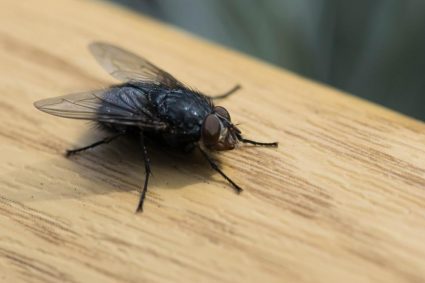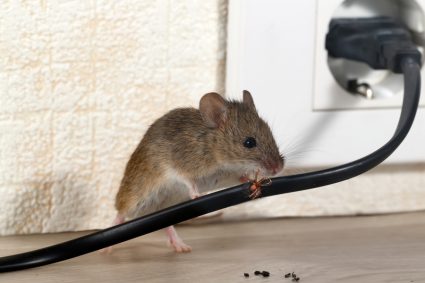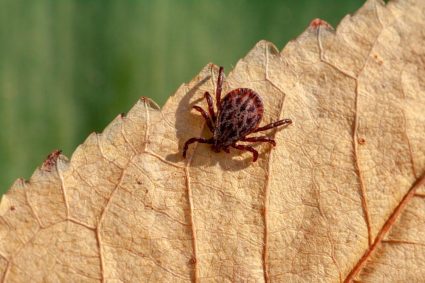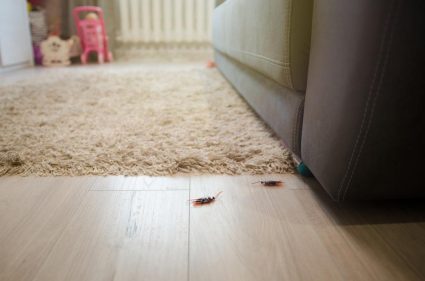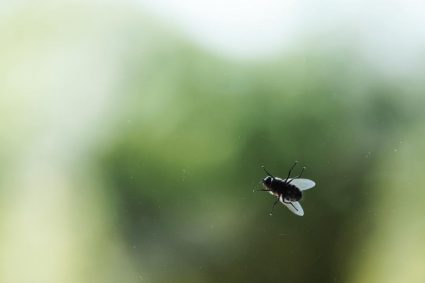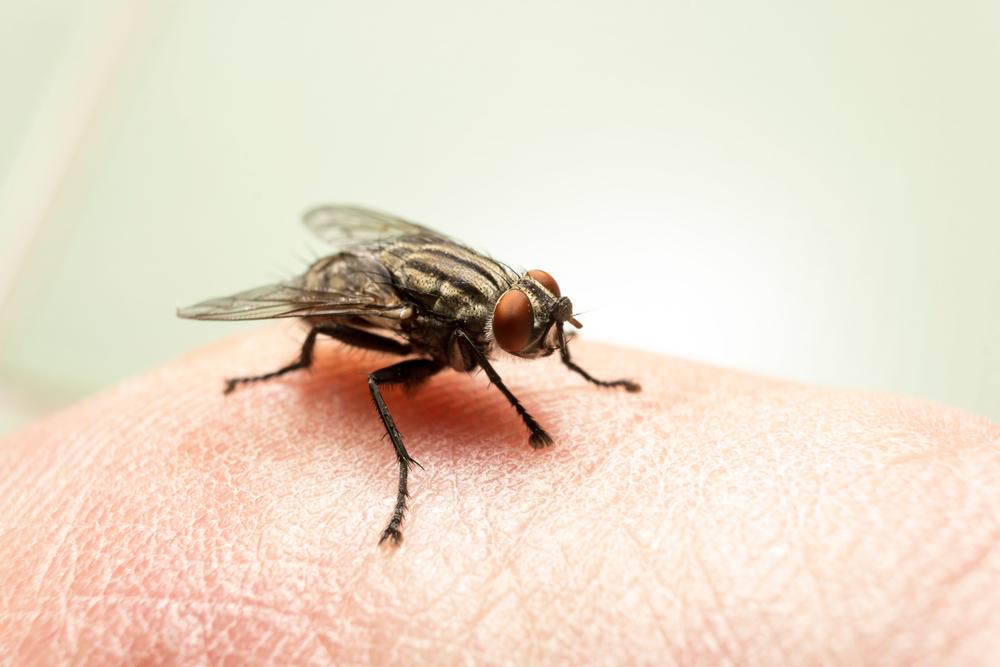
Flies are not only annoying but also pose health risks as they carry diseases. If you’re looking for a natural way to keep flies away from your porch, consider turning to the power of plants. Certain plants have the ability to deter flies due to their strong aromas and natural oils.
Plants that can help keep flies away from your porch include basil, lavender, mint, marigolds, rosemary, catnip, lemongrass, bay laurel, and pennyroyal. These plants’ strong aromas and natural oils act as deterrents for flies. However, always check if any of these plants are toxic to your pets before planting them near your porch.
Basil: The Ancient Pest Control
Basil is a herb revered for its strong aroma and oil. Used for pest control since ancient times, it continues to be effective at repelling flies. Basil thrives in well-drained soil and full sun but can tolerate light shade. It can be grown in pots and placed strategically around your porch or in your garden.
Lavender: Beauty and Functionality
Lavender, known for its beautiful purple flowers and pleasant scent, works wonders in keeping flies and other insects away. Lavender prefers full sun and well-drained soil. You can plant lavender in your garden or use it as a cut flower in vases around the house.
Mint: A Refreshing Deterrent
Mint plants, including peppermint, spearmint, and lemon balm, are effective at repelling flies. Mint prefers partial shade and well-drained soil. It can be invasive, so consider planting mint in containers to control its spread.
Marigolds: Vibrant and Effective
Marigold’s vibrant flowers not only add beauty to your porch but also deter flies and other pests. These plants prefer full sun and well-drained soil.
Rosemary: The Aromatic Herb
Rosemary is not only great for cooking but also helps keep flies at bay. It thrives in well-drained soil and full sun.
Catnip: A Double-Edged Sword
Known for attracting cats, catnip also repels flies and other insects. It prefers full sun or partial shade and well-drained soil.
Other Options: Lemongrass, Bay Laurel, and Pennyroyal
Lemongrass, bay laurel, and pennyroyal are also effective at repelling flies. Lemongrass contains citronella oil, which is known for its anti-fly and mosquito properties. Bay laurel’s leaves can be used in cooking and also help deter flies. Pennyroyal, a member of the mint family, is effective at repelling flies and other pests.
Please note that some of these plants may be toxic to pets. Always check for any warnings before planting them near your porch.
Other Natural Methods to Repel Flies
In addition to plants, other natural methods can keep flies away from your porch. These include using herbs and essential oils like peppermint, eucalyptus, lavender, and citronella. Citronella candles, soap bars, water bags, and yellow light bulbs can also deter flies.
Remember, cleanliness is key in keeping flies away. Regularly clean up any food debris, pet waste, and standing water to prevent flies from breeding and being attracted to your porch.
By incorporating these plants and methods into your porch or garden, you can create a more eco-friendly and natural way to keep flies and other pests away from your outdoor living space.
Frequently Asked Questions
Can these plants repel other insects besides flies?
Yes, many of these plants can repel other insects as well. For example, basil can repel mosquitoes and whiteflies, lavender can deter moths, and rosemary can keep away a variety of insects including mosquitoes and cabbage moths.
How often should I water these plants?
The watering frequency depends on the specific plant and the climate in your area. However, most of these plants prefer well-drained soil and do not tolerate waterlogging. It’s generally a good rule of thumb to water when the top inch of soil feels dry to the touch.
Can I use these plants indoors to repel flies?
Absolutely! You can keep potted plants such as basil, mint, and lavender indoors to keep flies away. Just ensure they get enough sunlight and water.
Are these plants safe for my pets?
Some of these plants may be toxic to pets. For example, pennyroyal can be toxic to both dogs and cats. Always check with your vet or a reliable source before planting anything that your pet may have access to.
How long does it take for these plants to grow and start repelling flies?
The growth rate varies depending on the plant and the conditions in which it’s grown. However, most of these plants start to emit their fly-repelling scents as soon as they begin to grow.

